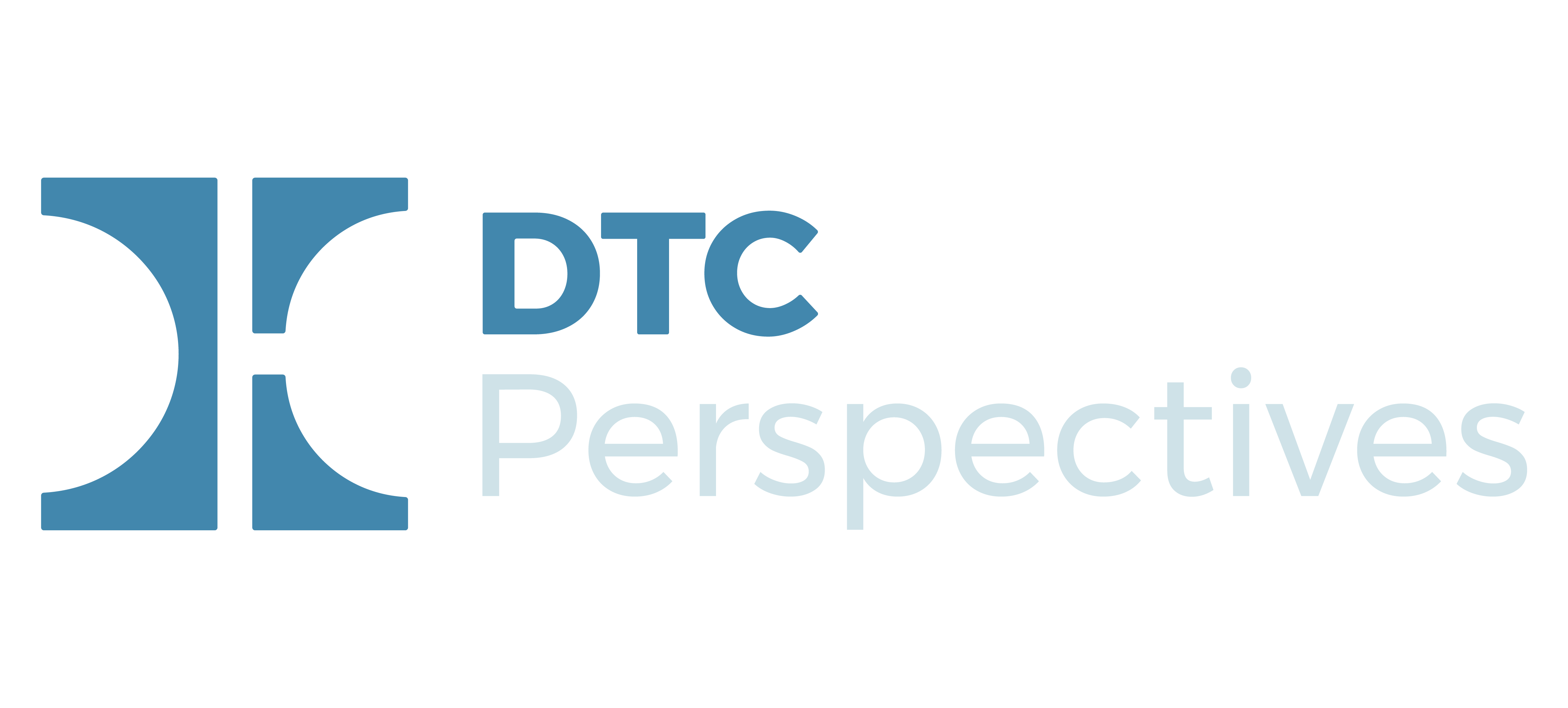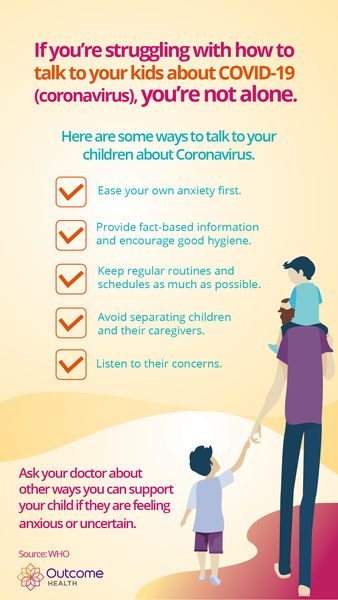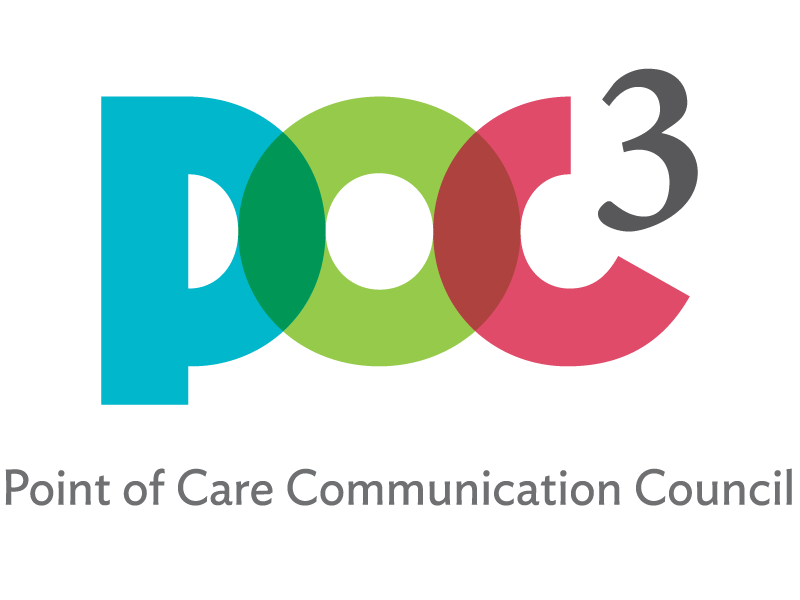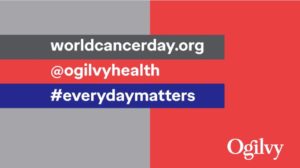In mid-May, the Commonweath Fund, Harvard University, and Phreesia collaborated to publish findings of COVID-19 impacts on outpatient visits and telehealth; this provides an update to an earlier April publication. From mid-February to mid-May, data from more than 50,000 providers from Phreesia’s client base and more than 12 million visits was analyzed.
According to the latest findings, “As in-person visits dropped, telehealth visits increased rapidly before plateauing. The rebound in visits is due to more in-person visits rather than more telemedicine visits.” The research found the rebound in visits to be true across all specialties studied (see chart below). Providers reported consistent data “in the initial decline and resulting rebound in visits” regardless of organization’s size.

Age, however, does appear to factor in to the rebound levels. Older adults are showing higher levels for rebounding in doctor visits versus school-age children when comparing April to May data. For example, those aged 65-74 showed a 61% decline in visits for the week starting April 5th but only a 30% decline in visits for the week starting May 10th. Children aged 6-17 recorded a 71% drop in visits the week starting April 5th and a 53% decrease in visits the week starting May 10th.
The Commonwealth Fund “promote[s] a high-performing health care system that achieves better access, improved quality, and greater efficiency, particularly for society’s most vulnerable, including low-income people, the uninsured, and people of color. The Fund carries out this mandate by supporting independent research on health care issues and making grants to improve health care practice and policy. An international program in health policy is designed to stimulate innovative policies and practices in the United States and other industrialized countries,” states their website.
One of the group’s researchers, David Linetsky, Phreesia’s SVP Life Sciences, also joined DTC Perspectives for our virtual DTC National: May event discussing the Point of Care space. Click here to hear more insights: https://www.dtcperspectives.com/virtual-dtcn/view-past-webinars/













 As out of pocket healthcare costs grow, consumers and patients are sometimes faced with the challenge of being able to afford and take their medication as prescribed. Within the past two years, dermatologist Dhaval Bhanusali, MD, FAAD had a situation where he had prescribed an anti-fungal cream to a patient. In a follow-up, he discovered that a treatment that should have cost her less than $8 ended up costing $1,200.
As out of pocket healthcare costs grow, consumers and patients are sometimes faced with the challenge of being able to afford and take their medication as prescribed. Within the past two years, dermatologist Dhaval Bhanusali, MD, FAAD had a situation where he had prescribed an anti-fungal cream to a patient. In a follow-up, he discovered that a treatment that should have cost her less than $8 ended up costing $1,200. The medical entrepreneur had previously launched a platform to compare prices between different local pharmacies as well as an EMR platform for Dermatologists and even helped launch Amazon’s first private skincare brand. Skin Medicinals, an online platform that utilizes compounding pharmacies to specially mix medications for patients, emerged as a result of that work. Dr. Bhanusali is also an instructor in the Mount Sinai Health System and works in private practice in NYC.
The medical entrepreneur had previously launched a platform to compare prices between different local pharmacies as well as an EMR platform for Dermatologists and even helped launch Amazon’s first private skincare brand. Skin Medicinals, an online platform that utilizes compounding pharmacies to specially mix medications for patients, emerged as a result of that work. Dr. Bhanusali is also an instructor in the Mount Sinai Health System and works in private practice in NYC. Speaking with DTC Perspectives, Amy Graham and Sherry Novembre shared that this is currently a year-long project about which they are highly passionate, with each month highlighting a different type or types of cancer. Novembre, SVP, Management Supervisor at Ogilvy Health, shared that “the spirit of what we are doing is … small, regular gains that add up.” March’s effort sees the agency’s Young Professionals Network leading a colored band-aid drive for children to benefit the Rutgers Cancer Institute of NJ’s Pediatric Wing. An additional focus in March will highlight colorectal cancer: an educational poster created to generate awareness among Ogilvy Health employees is now being shared publicly to help bring awareness to the masses, allowing other companies to access and distribute the poster share with and educate their staff.
Speaking with DTC Perspectives, Amy Graham and Sherry Novembre shared that this is currently a year-long project about which they are highly passionate, with each month highlighting a different type or types of cancer. Novembre, SVP, Management Supervisor at Ogilvy Health, shared that “the spirit of what we are doing is … small, regular gains that add up.” March’s effort sees the agency’s Young Professionals Network leading a colored band-aid drive for children to benefit the Rutgers Cancer Institute of NJ’s Pediatric Wing. An additional focus in March will highlight colorectal cancer: an educational poster created to generate awareness among Ogilvy Health employees is now being shared publicly to help bring awareness to the masses, allowing other companies to access and distribute the poster share with and educate their staff.